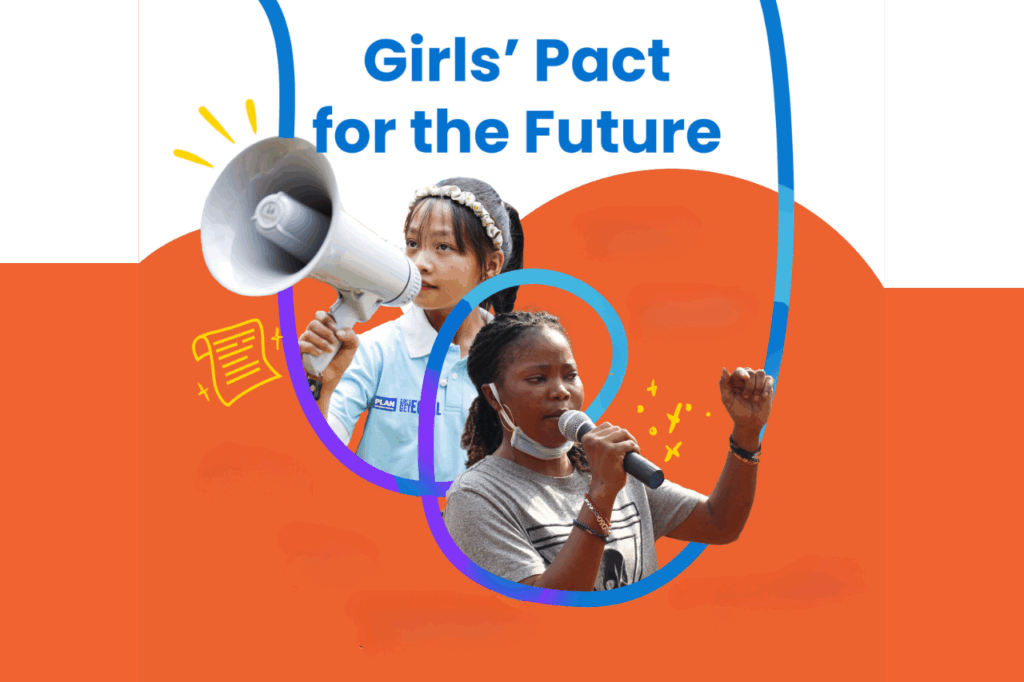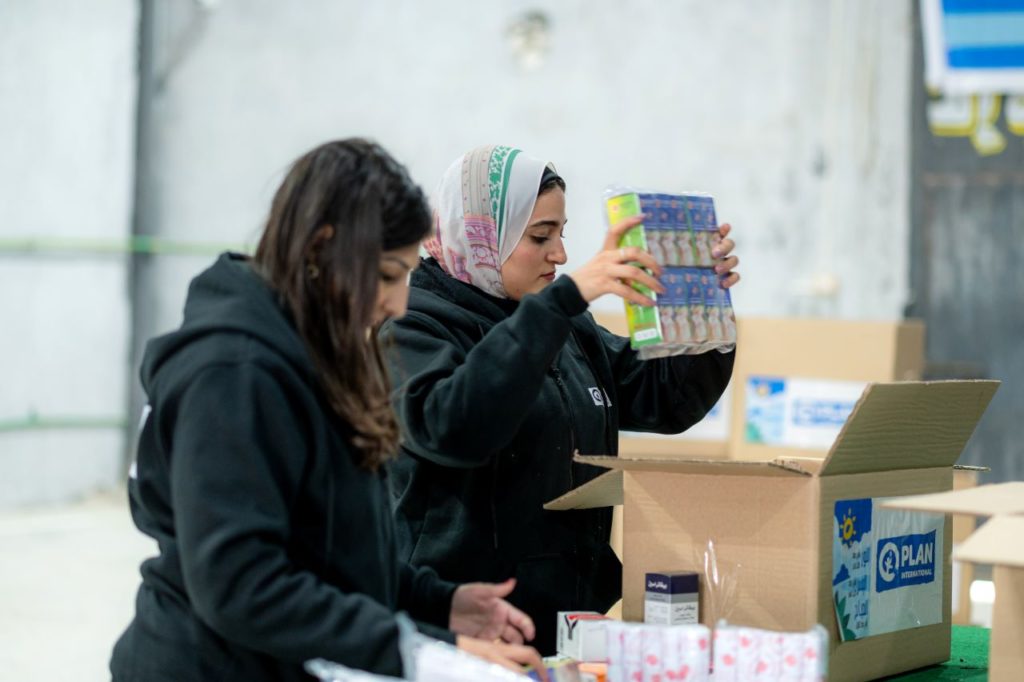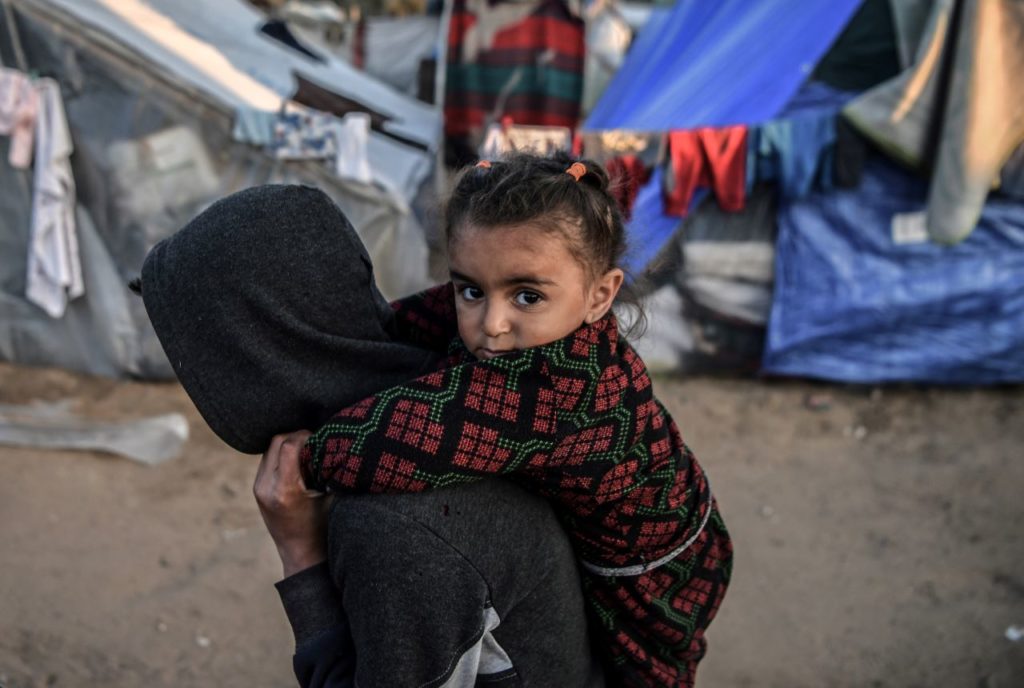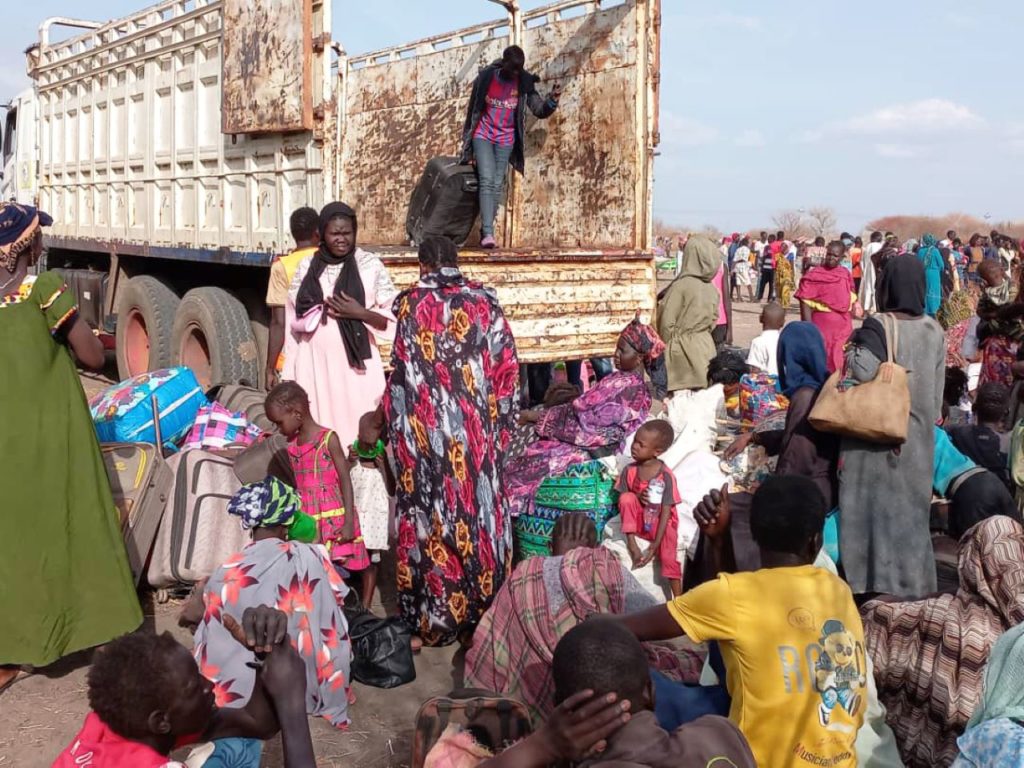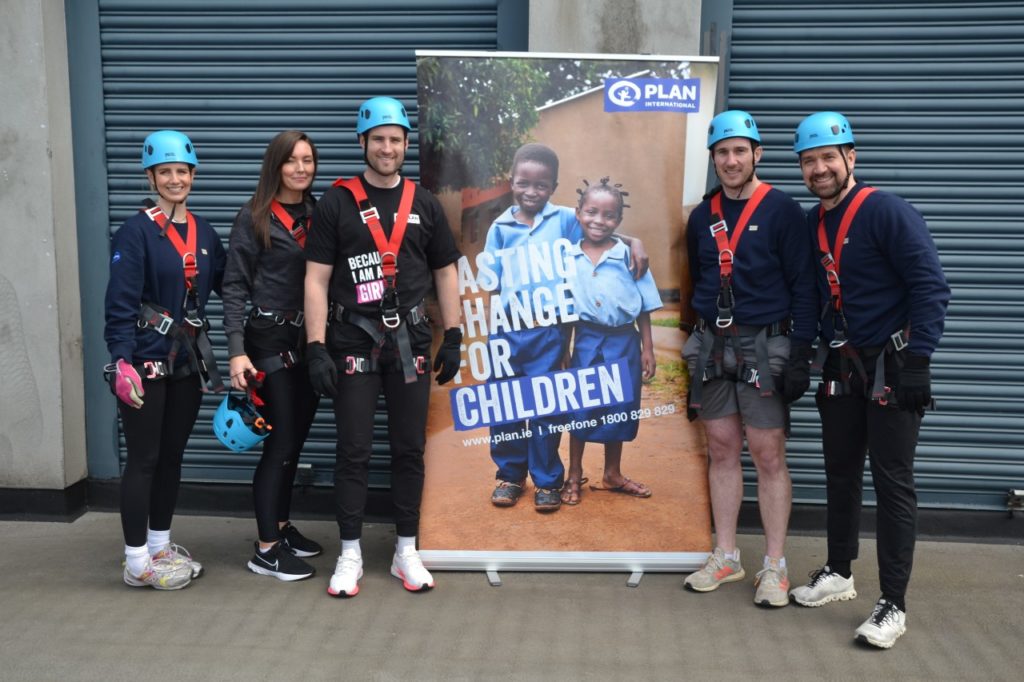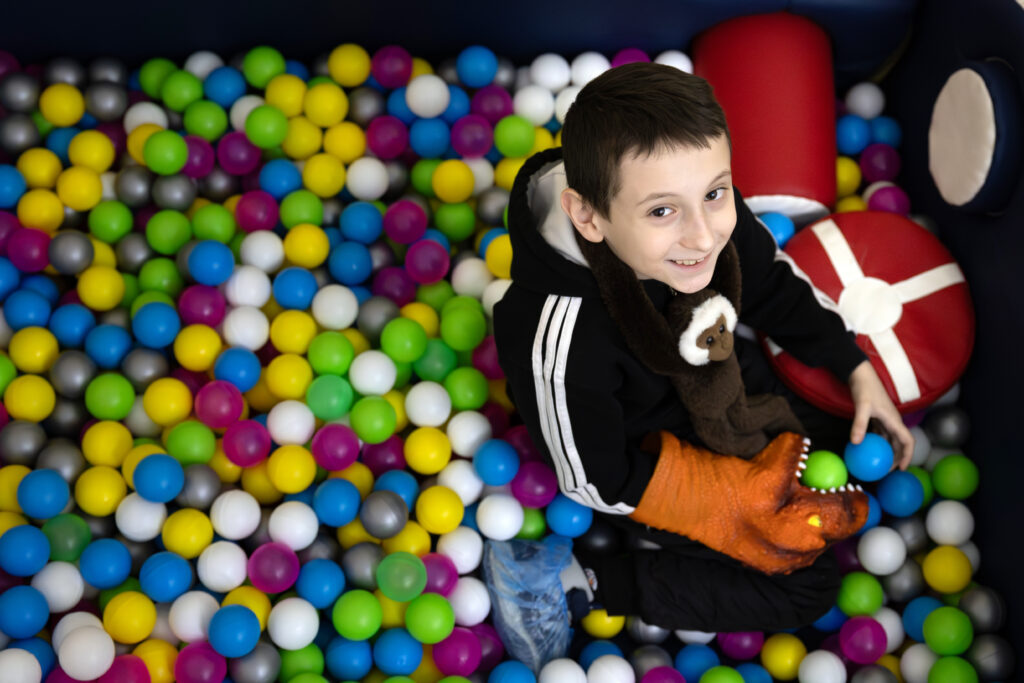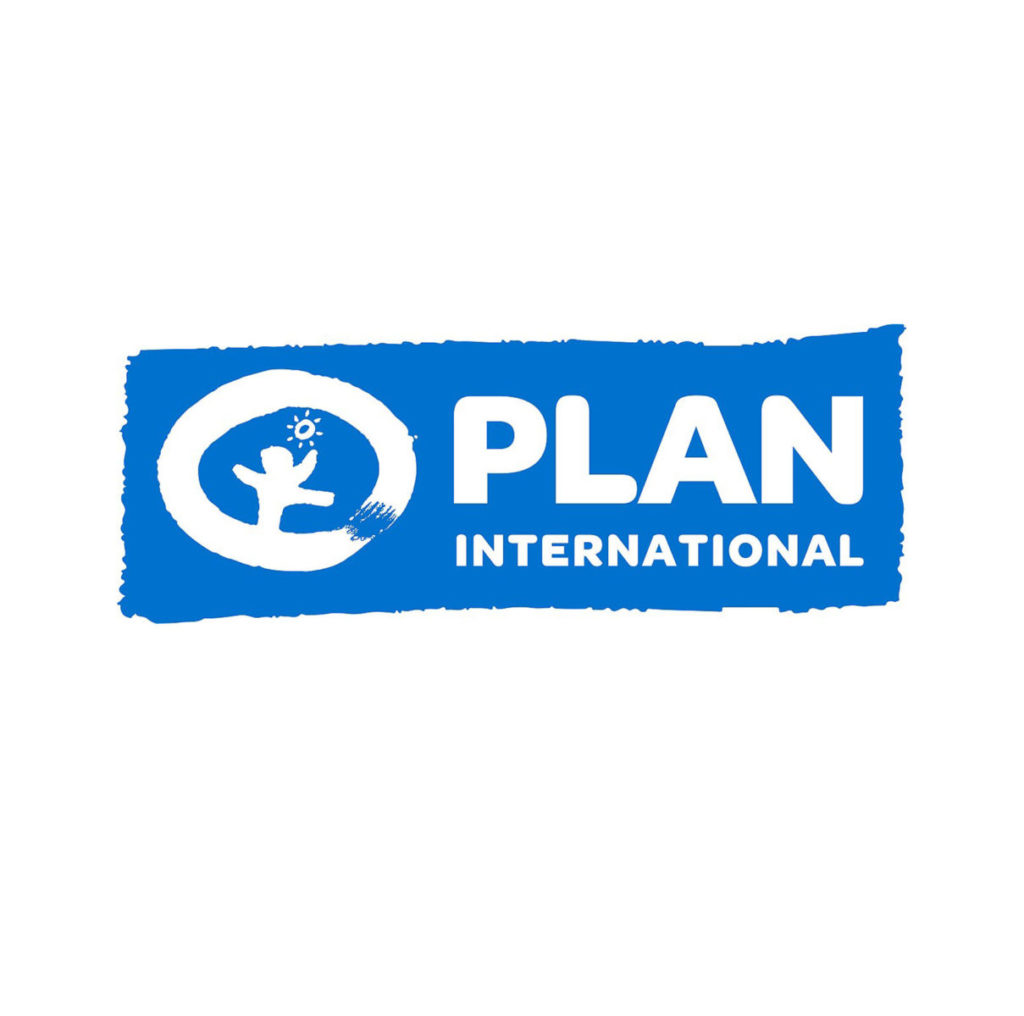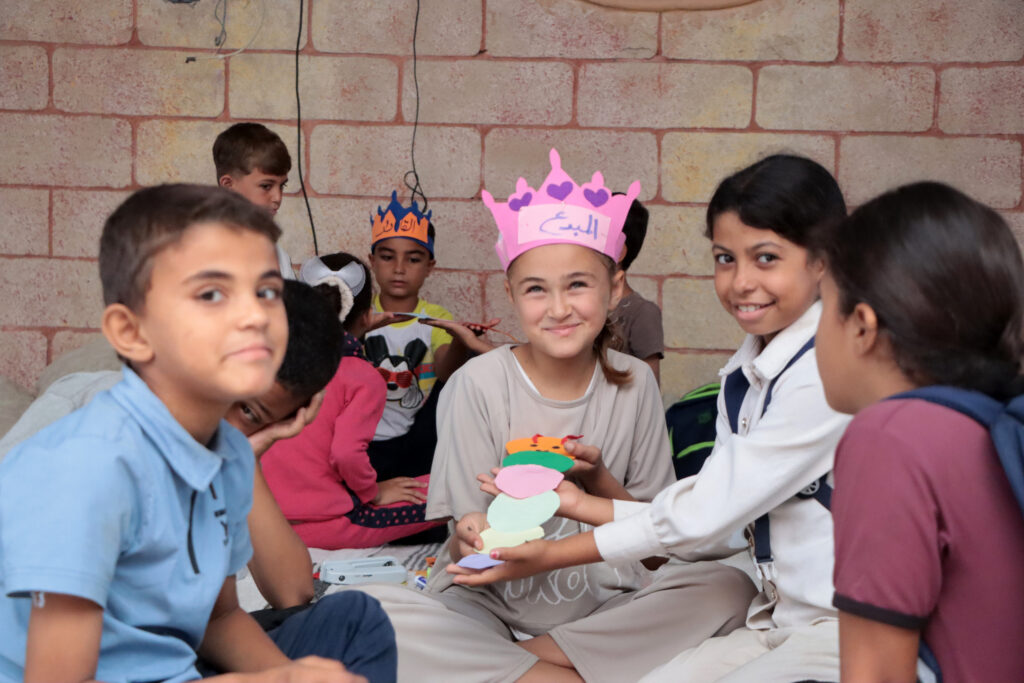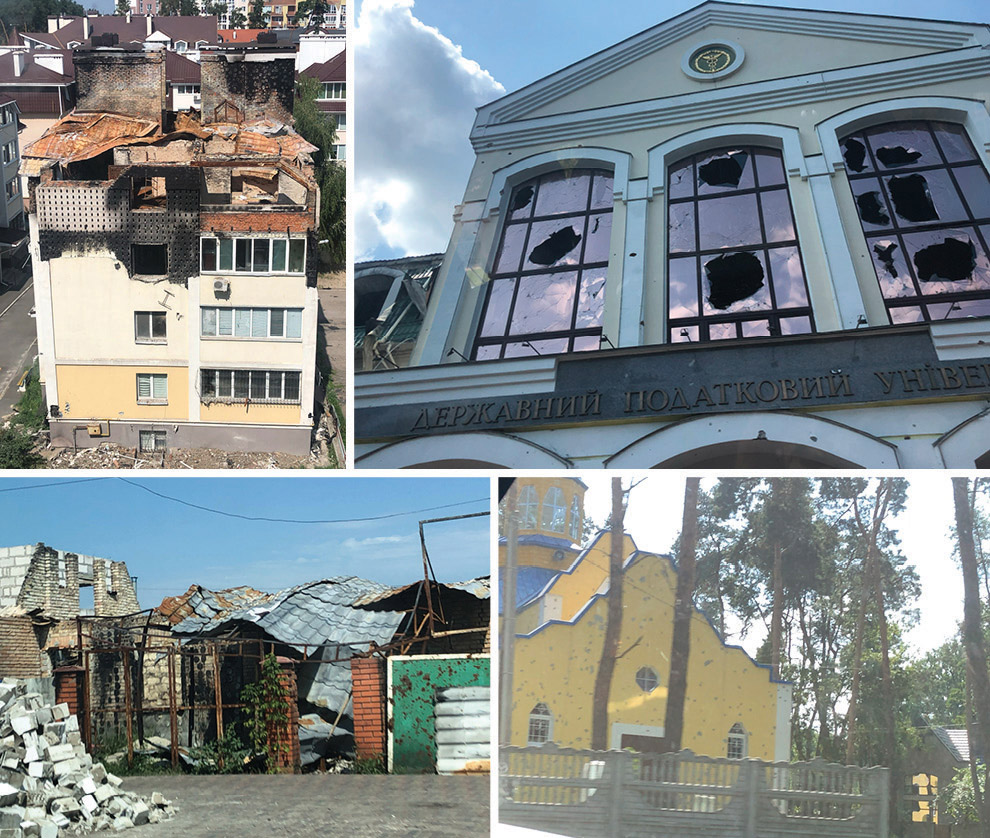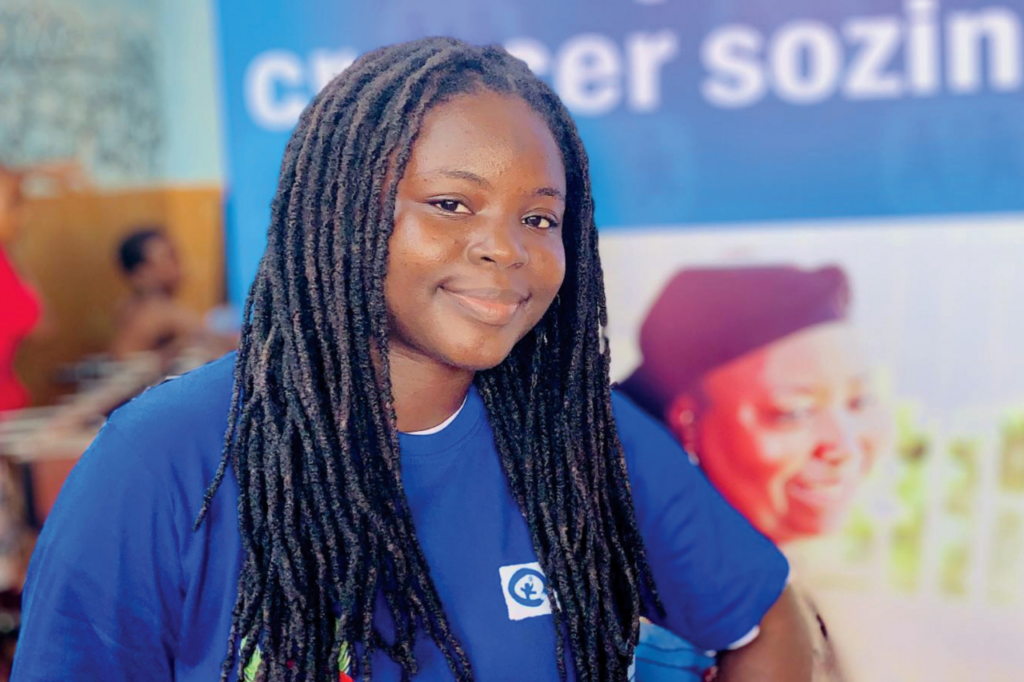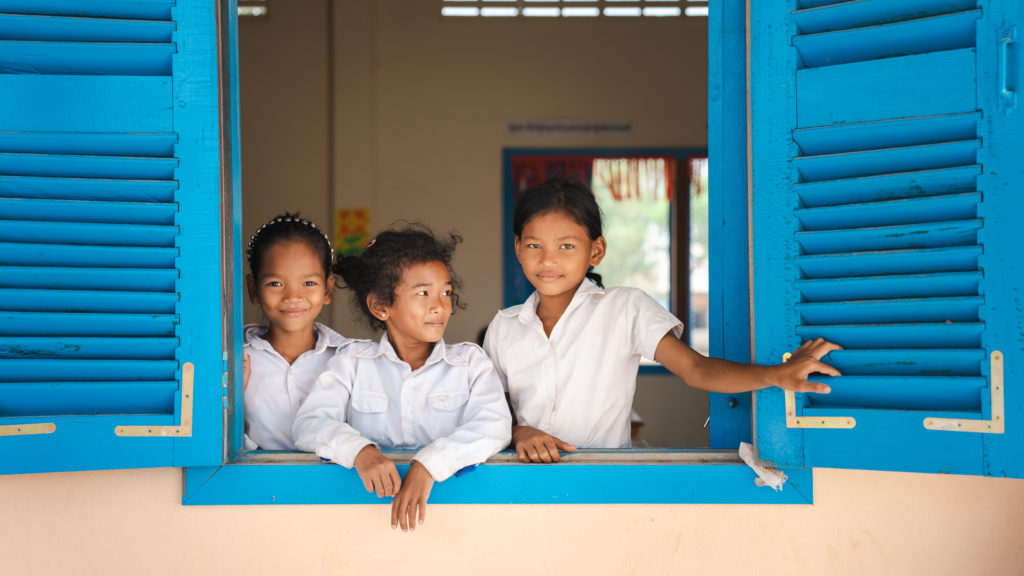Plan International Ireland Youth Advisory Panel member Aoibhínn Nevin-Ginnetty, 24, along with her mother Elaine and grandmother Marie, share their individual experiences about how they managed their periods and discuss what’s changed over the generations.
Eighty-year-old Marie Ginnetty was born in Newry but grew up in Dublin, the eldest of four children.
“It would have been in 1950’s when I got my first period. I was about 13 years and apart from what some friends told me, I was not prepared at all,” says Marie. “It was not spoken about in public. There were no sanitary towels so my mam used to make some from old clothes. There were different opinions whether it was a good idea for girls to wash their hair during their time of the month and if a girl was not in good form, people would always say ‘it must be that time of the month’.”
Aoibhínn’s mother, Elaine Nevin, 54, grew up in Kilkerrin, East Galway and was the middle child among five siblings. She had her first period when she was around 12, although she called it menstruation!
“A few of my friends had talked about getting ‘periods’, but I hadn’t heard of the word period before as we had encyclopaedias at home and that was where I got most of my information on menstruation from,” she reveals.
“My periods were always very heavy and I was constantly afraid that it would leak into my clothes, so I wore big, very absorbent sanitary towels. It meant I had to use a lot more products.”
The fear of leaking was also an over-riding concern for Elaine if she was doing do anything active around her period time that they would leak. “It did impact me doing sports,” she admits.
Aoibhínn also got her first period when she was 12 and still in primary school.
“It was really confusing because I didn’t know anyone else who had started their period and I felt embarrassed telling my teacher,” she says.
“I think people are definitely a lot more transparent around the topic now. In social situations or even work, it isn’t uncommon for women and girls to ask each other for tampons or pads if they need them.”
“There is also a lot more conversations about period-related issues such as Premenstrual Syndrome (PMS) or Endometriosis too which is incredibly important because they are often misdiagnosed.”
“It was also very common in school for people to pass remarks about you being on your period if you reacted angry or sad so that hasn’t changed since my Nana was in school. I think there is still a lot of misinformation and stereotyping around girls menstruating and a lot more research still needs to be done.”
We Need to Talk. Period.
In 2018, Plan Ireland’s Youth Advisory Panel (YAP) carried out research to address the ‘toxic trio’ of period injustice in Ireland: the unaffordability of period products, lack of menstrual education and shame/stigma around periods.
Among the 1100 girls surveyed between the ages 12-19+, 50% struggled to afford period products, and did not find school useful for information about their periods and 55% were embarrassed by their periods.
That’s why at Plan International we work to dispel the stigma and shame that girls feel about their period. Help us to break the silence. Learn more here.
